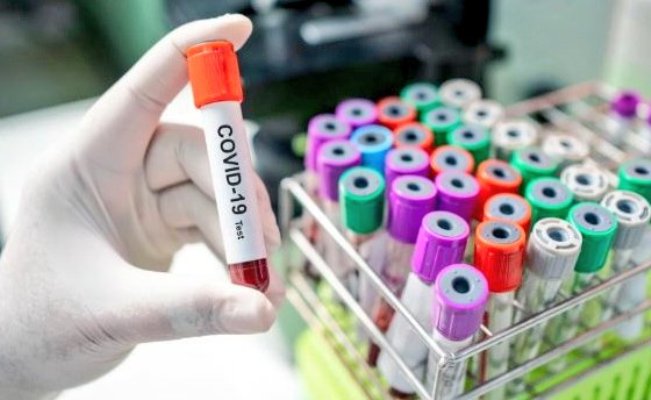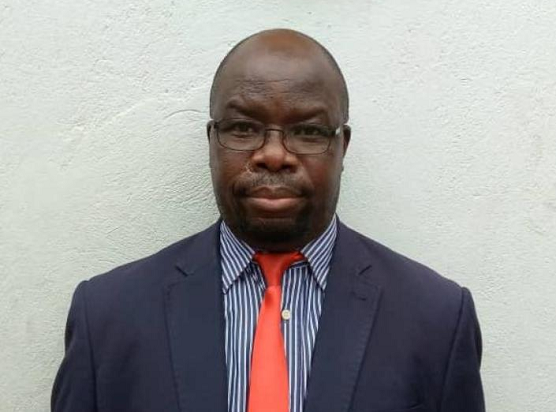The African Development Bank has responded swiftly to the needs of its member countries during the ongoing COVID-19 pandemic.
The Bank’s operations have continued to run smoothly since the first cases appeared in early March, despite the wide range of lockdowns and measures imposed by governments to flatten the curve.
The COVID-19 pandemic is forecast to cause Africa’s GDP to drop by between $22.1 billion (Shs82trillion) and $88.3 billion (Shs328.2 trillion).
African countries, with the experience of having fought off Ebola, are working to adapt to this new threat and looking to the Bank for an effective, multilateral response to the crisis.
As of June 12, the Bank’s COVID-19 emergency packages have reached the continent’s five geographic regions.
West Africa
Before the advent of the COVID-19 pandemic, West Africa was home to at least four of the continent’s fastest-growing economies, and it has felt the impact of the disease hard, as borders remain closed and economic and social distress deepens.
Gambia, Mali and Niger will benefit from an ECOWAS support package to bolster national health systems in response to the pandemic. Much of the funds to this region will seek to address shortages in personal protective equipment (PPE), ventilators and other emergency equipment. The support will also enable governments to provide shortfall cash to the millions of people who have been affected by mass layoffs or are unable to work because of lockdowns.
• Nigeria – 288.5 million euros
• Senegal – 88 million euros
• Côte d’Ivoire – 75 million euros
• Cabo Verde – 30 million euros
• ECOWAS – $22 million
North Africa
The North African region is the worst hit by the COVID-19 pandemic, with over 60,000 cases as at 12 June. The disease has already triggered a sharp drop in household incomes in North Africa, as export and tourism earnings suffer. The region will be assisted with a series of emergency operations to boost containment measures and help to ensure the supply and distribution of laboratory tests and reagents. The package will also support national and regional coordination mechanisms.
• Morocco – 264 million euros
• Tunisia – 180 million euros
• Egypt – $500,000
East Africa
East Africa, the continent’s fastest-growing region economically, has been simultaneously struck by the coronavirus outbreak and an infestation of desert locusts, a double whammy for the region’s farmers and economies.
In a region of climate change and water scarcity, post-harvest losses and poorly developed agricultural markets could threaten the promise of economic reforms and investment.
Ethiopia, Kenya and Rwanda are the top-performing countries, which have all seen a sharp fall in tourism revenue.
• Kenya – 188 million euros
Southern Africa
A decisive lockdown has been effective in stemming the spread of COVID-19 in the region’s economic powerhouse, South Africa. The spread of the virus is by no means curtailed. Measures taken across the region to contain the pandemic have affected millions of people, many of whom work in the informal economy.
Assistance to this region comes in the form of preventive and protection measures as well as financial assistance to the vulnerable beyond the end of the epidemic.
• Mauritius – 188 million euros
• Zimbabwe – $13.7 million
Central Africa
In Central Africa, Cameroon has reported over 8,000 cases as at 12 June and significant community transmission.
The package approved for this region, $13.5 million, will target the provision of PPEs, testing kits and healthcare and laboratory facilities, for Chad, the Democratic Republic of Congo and the Central African Republic, which is among the countries with the least number of ventilators on the continent.
• CEMAC/RDC – $13.5 million
Timeline of COVID-19 support:
The Bank’s rollout of emergency response support to assist African countries began in March and has provided a package of financial relief and preparedness and response assistance.
March 27: The Bank raised $3 billion from the Fight COVID-19 Social Bond, the largest dollar-denominated social bond ever launched in international capital markets. Proceeds from the bond, with a three-year maturity, will help alleviate the impact of the pandemic on livelihoods and Africa’s economies.
April 2: The Bank provided $2 million in emergency assistance to the World Health Organisation (WHO) to bolster the capacity of member countries on infection prevention, testing and case management. WHO Africa will also boost surveillance systems, procure and distribute laboratory test kits, and support coordination at national and regional levels.
April 8: The Bank announced a COVID-19 Response Facility that will provide up to $10 billion to African governments and the private sector to tackle the disease and mitigate suffering that results from the economic downturn and job losses.






